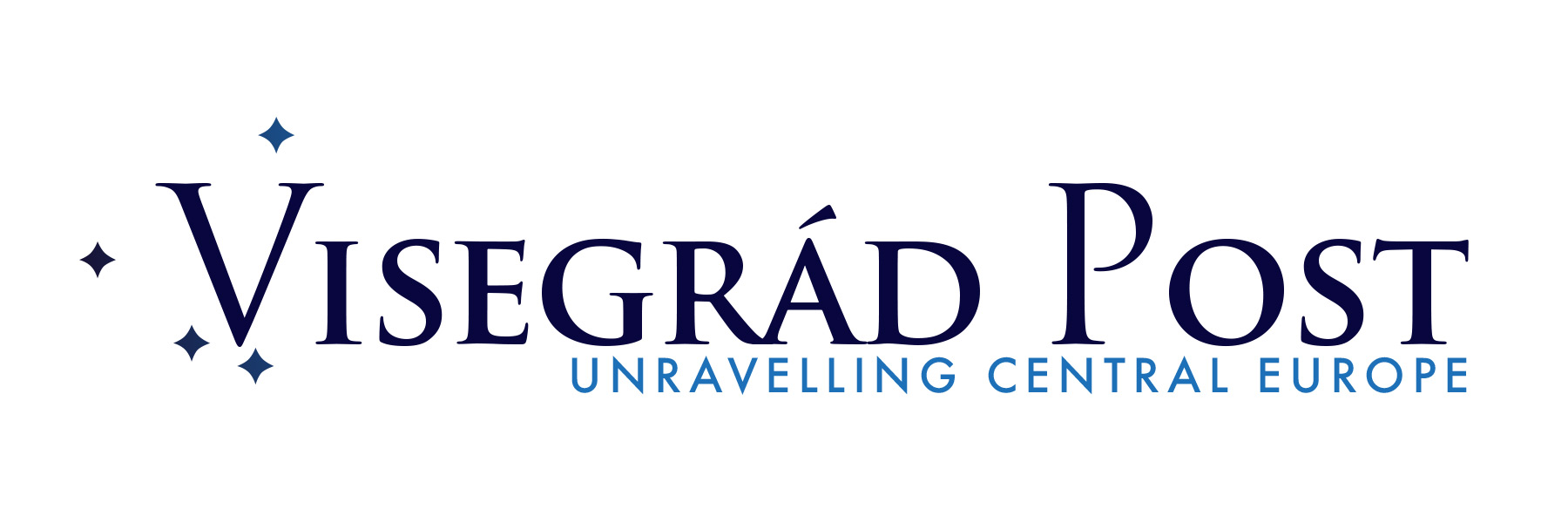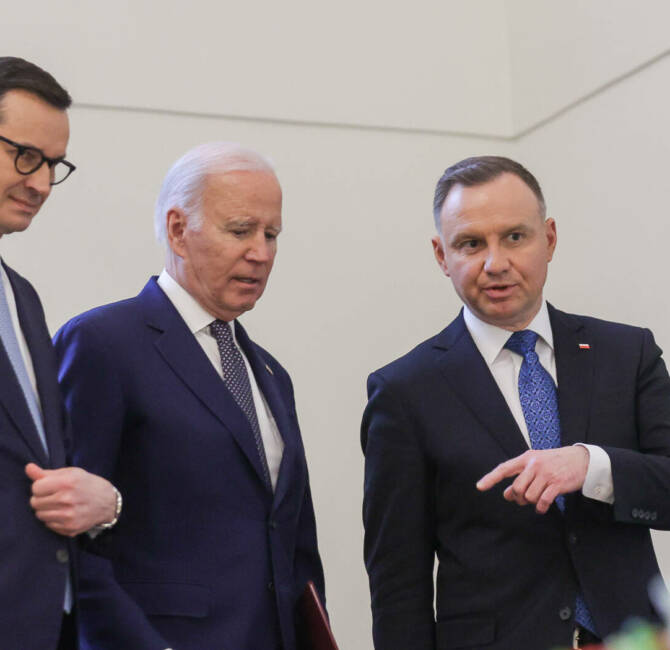Baltic States – On 23 August, starting at 7 p.m., tens of thousands of people took part in the Baltic Way 2021, a human chain linking Tallinn (Estonia) to Vilnius (Lithuania) via Riga (Latvia). The transnational demonstration is largely inspired by the historic Baltic Way protest organized on 23 August 1989, which led to the independence of the Baltic States.
“We refuse to fight each other”
Today, it is no longer a question of obtaining independence from the Soviet Union but, as the initiators of the protest announce on their website (www.balticway2021.com), showing that Baltic people, vaccinated or not, remain united in all circumstances: “No matter what you think about the current events – whether you believe we have a medical emergency or that the Covid situation is manufactured for the use of oppressive politics and the deliberate curtailment of our liberties by the controlling powers. Vaccinated or not, it does not matter […]
They try to drive a wedge between us but no, it will not happen! We refuse to fight each other but instead, we invite all of us to come back together, love each other and be united.”
For a “bullying-free society”
The organizers – Rūdolfs Brēmanis (Latvia), Robertas Vaišnoras (Lithuania), Hando Tõnumaa and Mariann Joonas (Estonia) – thus explain the demands of this popular movement:
- “We are in favour of freedom to vaccinate. Everyone has the right to the integrity of his or her body.
- We are in favour of equality and unity. A society in which people are confined does not create a safe living environment.
- We stand for focused protection.
- We must protect risk groups from any disease and allow the rest of society to live a normal life without violating human rights and freedoms. A person at risk also has the right to decide for him or herself what kind of life he or she wants.
- We are in favour of providing open and honest statistics and data. Transparent science, questioning and open debate must be the basis for decision-making.
- We want more attention to be paid on mental health. We are in favour of positive, inspiring and encouraging messages instead of negative, threatening and intimidating ones.
- We are in favour of a bullying-free society.”
“They steal these ideas from the past”
The move also drew some negative reactions from historical activists in the Baltic independence movements, including Dainis Īvāns, the first chairman of the Popular Front of Latvia, who said on Latvian television on 24 August: “It’s stealing an idea. Quite a disgusting thing. Apparently these leaders… they are not leaders – anti-leaders, who have no ideas for their mercantilist political interests, they are stealing these ideas from somewhere in the past…” This criticism is shared by Marju Lauristin, a historical activist for Estonian independence: “We would not have become independent if we had behaved in this way. […] Those who want the freedom to infect others […], this is not the Baltic chain. It is something very different. It is an anti-Baltic chain”, she said.
A movement of hope for some
Jérémie Mercier, a graduate of the École Normale Supérieure with a doctorate in environmental research, is an influencer specializing in health. Since the beginning of the Covid crisis, he has been exiled in Estonia, where the public health measures have been much less restrictive than in most other Western countries. For the 39-year-old Frenchman with 36,000 followers on Facebook, 20,000 followers on YouTube, and 6,500 followers on Telegram, the human chain did not happen in the Baltic States by accident. Being on the spot, the anti-Covid activist explains that these are countries “that know the price of freedom and have experienced the restrictions and stupid things of communism”.




